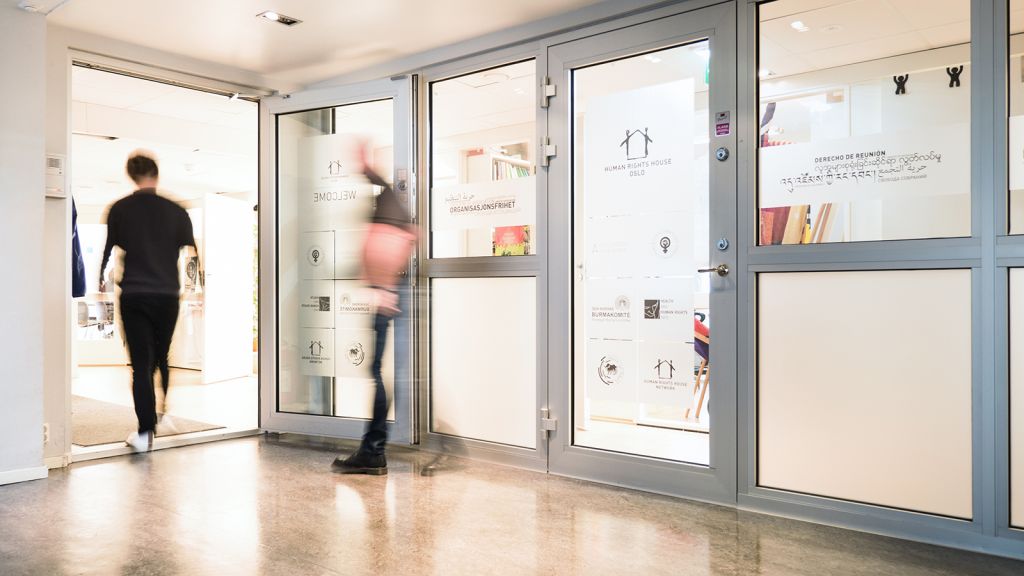The six organisations that call Human Rights House Oslo home are Voice of Tibet, The Norwegian Burma Committee, Health and Human Rights Info, The Women’s Front, Human Rights House Foundation, and The Norwegian Council for Africa.
The entrance to the offices of Human Rights Oslo is adorned with graphics, citing the four core rights integral to the work of the organisations, written in several languages that represent the member organisations.
The member organisations of Human Rights House Oslo work on diverse thematic and geographical human rights issues, which range from women’s rights in Norway, to the human rights situations of Burma, Tibet, Eastern Europe, and the entire African continent.
They work together as part of a human rights community, which helps to improve cooperation, share knowledge and expertise, and reduce operating costs. Some of the organisations also collaborate as part of the annual documentary film festival Human Rights Human Wrongs, which they co-founded with Oslo Dokumentar Kino.
Human Rights Human Wrongs
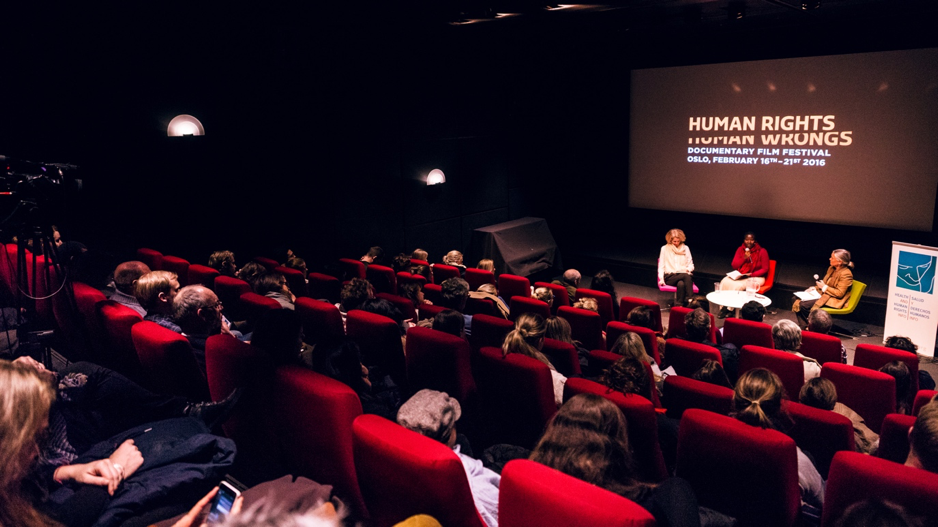 Health and Human Rights Info participating in a discussion at the festival Photo credit: Human Rights Human Wrongs, 2016
Health and Human Rights Info participating in a discussion at the festival Photo credit: Human Rights Human Wrongs, 2016
The Documentary Film Festival “Human Rights Human Wrongs” was started in 2008 by the House, in collaboration with Oslo Documentary Cinema, to promote documentaries about human rights issues. The film festival has become a hub for broad discussions on human rights, in which film makers, activists, politicians, journalists and academics debate with an engaged audience on human rights issues, such as rights to a safe and dignified life, freedom of speech, and political and civil equality.
In 2017, the festival included 24 documentaries and 30 live events.
House history
Human rights organisations came together in 1989 to form a human rights community, originally called Det norske menneskerettighetshuset (the Norwegian Human Rights House). Their aims were the same as they are now: to improve cooperation, share knowledge and expertise, and reduce operating costs.
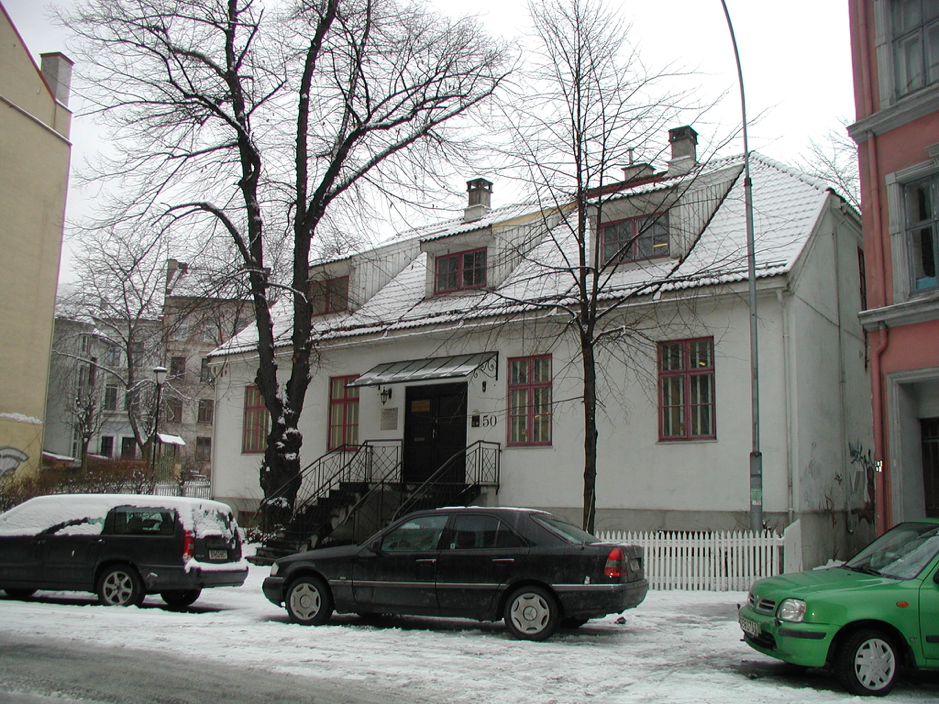 The first Human Rights House opened at Urtegata 50, Oslo
The first Human Rights House opened at Urtegata 50, Oslo
A supportive business leader, Knut Kloster, Jr., offered the newly formed Norwegian Human Rights House a rent-free facility in Oslo. Six human rights organisations moved into the House at Urtegata 50, which soon became a hub for human rights activities in Norway. The House’s beginnings coincided with major changes in Europe such as the fall of the Berlin Wall and the dissolution of the Soviet Bloc. Many human rights organisations, including those from the first Human Rights House in Oslo, focused their efforts on sharing knowledge and expertise with emerging democracies and supporting civil society organisations within them.
Human Rights House Oslo co-founded the network of Human Rights Houses in 1994, along with organisations from Moscow and Warsaw.
The organisations of the House
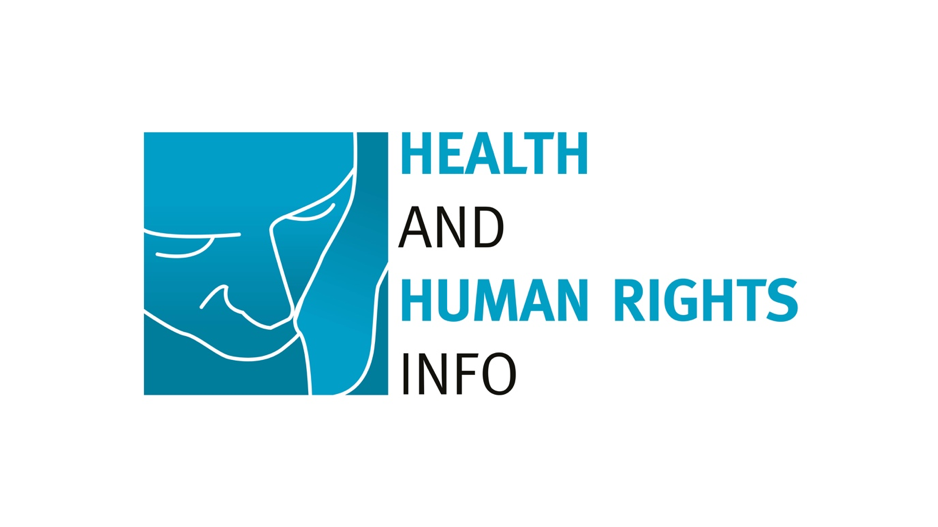
Health and Human Rights Info is a Norwegian NGO focused on making professional experiences and resources more easily accessible to health professionals working with persons exposed to human rights abuses, armed conflict, forced migration and other human rights violations.
Its free and open database offers information about the consequences of human rights violations on mental health in contexts of disaster, conflict, and war, and an overview of experiences in the field as well as ways of dealing with such consequences at the individual, group and community level.
In 2017, HHRI published the manual “Mental health and gender-based violence Helping survivors of sexual violence in conflict – a training manual.”
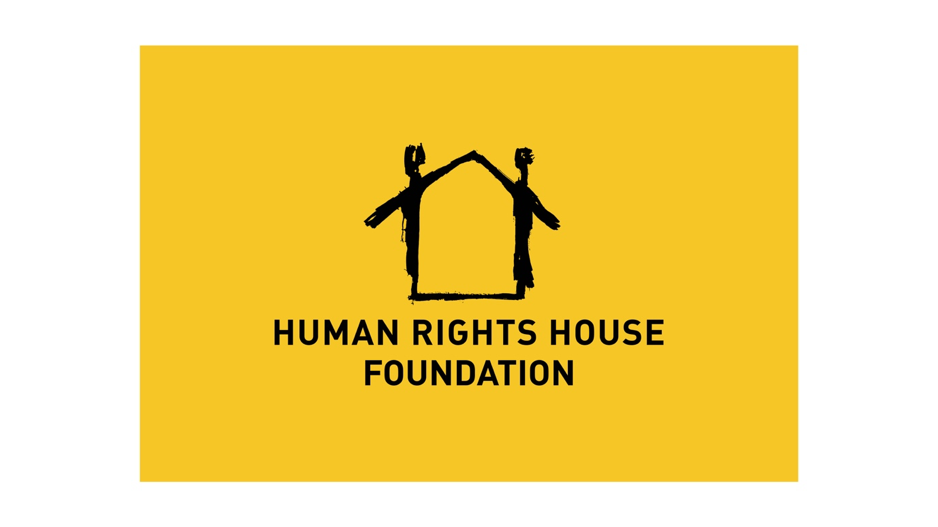
The Human Rights House Foundation (HRHF) protects, supports and empowers human rights defenders and their organisations. To accomplish this, HRHF brings organisations together in Human Rights Houses, and unites the Houses in an international network. HRHF advocates with partner organisations to promote and advance the freedoms of assembly, association, and expression, and the right to be a human rights defender – to ensure that individuals and organisations can work freely and openly to protect human rights at home and abroad. Today, more than 100 independent human rights organisations work together in 15 Human Rights Houses. The Houses are located in Eastern & Western Europe, the Caucasus and the Balkans. HRHF is based in Oslo, with an office in Geneva and representation in Brussels and Tbilisi.
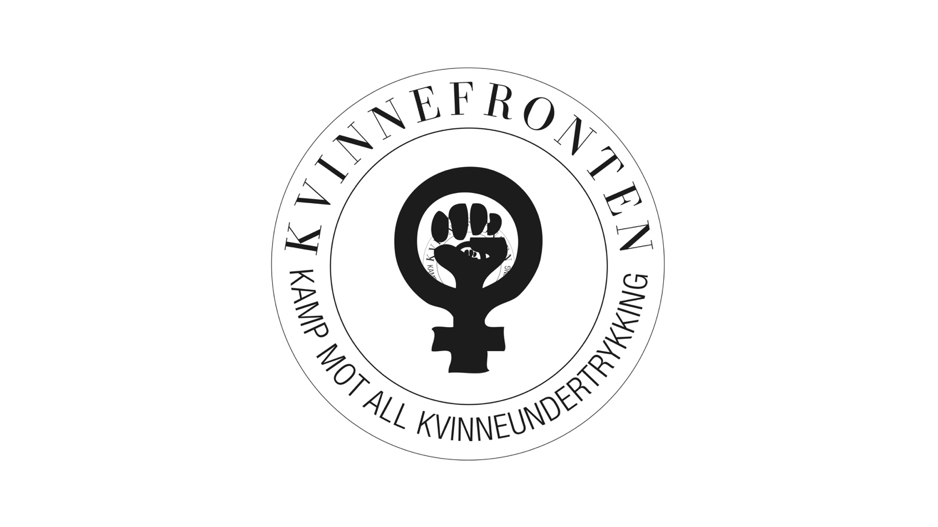
The Women’s Front is a radical feminist organisation. They work locally, nationally and internationally to fight the economic, sexual, political and cultural oppression of women. Their ultimate goal is the full liberation of women, when any woman is able and has the right to make free choices regarding her own life, education, career, sexuality, and so on, regardless of her colour, class, ethnicity, sexual orientation and/or physical abilities.
The Women’s Front was founded in 1972, and has since worked within several fields and topics, such as the right to safe abortions, the fight against porn and the fight for the Nordic model approach to prostitution (Sexkjøpsloven). Internationally, they cooperate with a large number of women’s organisations in several different countries, including Tanzania, Afghanistan and India.
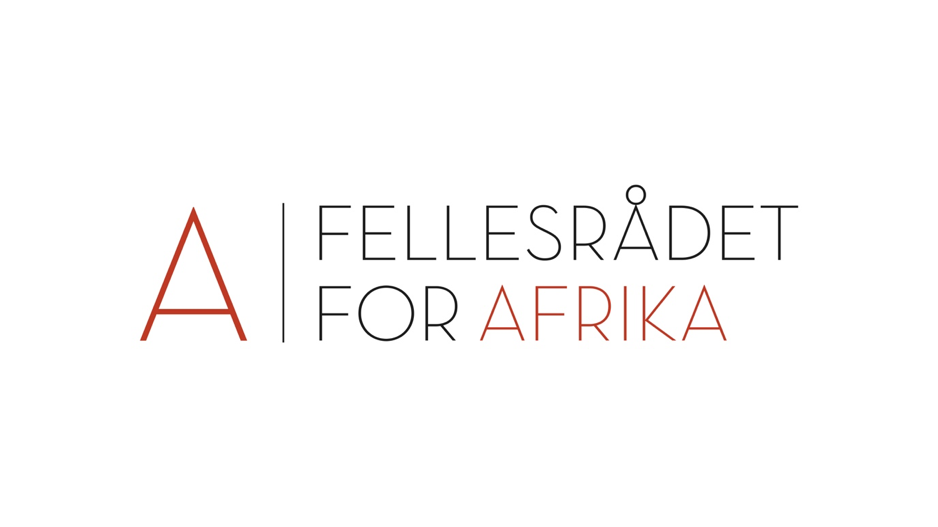
The Norwegian Council for Africa
The Norwegian Council for Africa is a solidarity and human rights organisation which sees dissemination of information and advocacy as its most important tools in its contribution towards justice and development in and for Africa. The Norwegian Council for Africa wants to challenge conditions and structures in Africa and globally which hinder the just and fair development in and for Africa.
The Norwegian Council for Africa works towards these goals by arranging seminars and debates on a regular basis, and runs Afrika.no, which takes aim of being the central platform for Africa related debate and analysis in Norway. They work with linking African academic and activist voices with Norwegian decision-makers in government and corporations, as well as the general public.
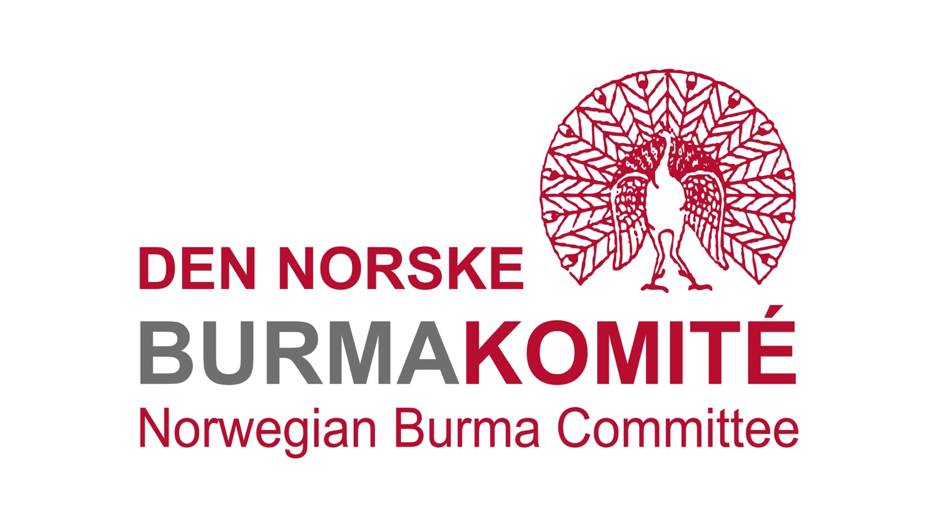
The Norwegian Burma Committee (NBC) is a Norwegian NGO working only with Burma. NBC focuses both on information and advocacy work in Norway and development work on the border to and inside Burma. The aim of NBC’s work is to achieve a democratic Burma where human rights are respected, and where everybody has equal rights and access to participate and make decisions, regardless of gender, sexual orientation, class, ethnical or religious belonging. NBC aims at developing a strong, democratic and well-organised civil society that can be a driving force for change in Burma, and which can play an active role in the country when democratic changes start taking place.
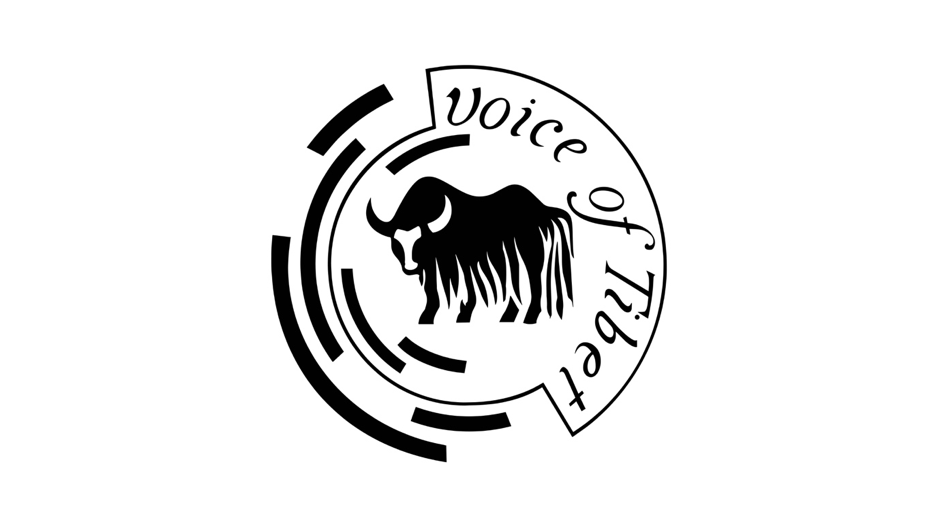
Voice of Tibet (VOT) multimedia project is a human rights project providing daily news and information about Tibet both in Tibetan and Chinese languages. The main formats are daily radio programs, news-in-text services and regular video programs. VOT’s main distribution channels are daily SW radio and 24/7 satellite transmissions, and a number of Internet-based distribution platforms.
—
Newsletter
This article was first published as part of the September newsletter of the Human Rights Houses and HRHF.
Sign up to receive news and insight into human rights issues and country situations, the projects and activities of Human Rights Houses, and portraits and interviews with human rights defenders.


